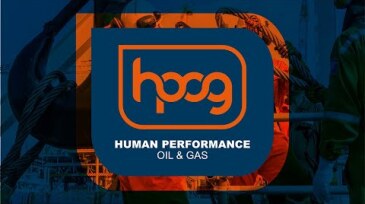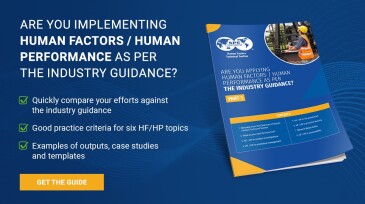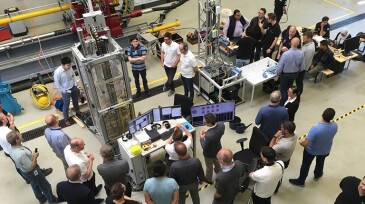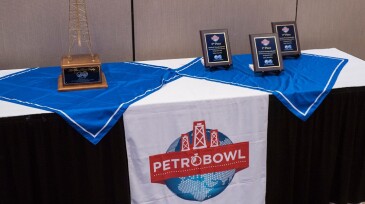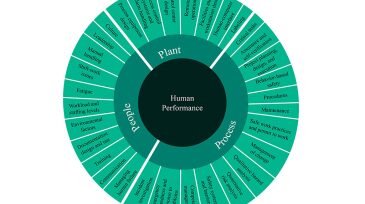human factors
-
SPE’s Human Factors Technical Section worked to create new questions for the competition’s regional qualifiers.
-
The idea of a root cause was developed in the early 1900s to troubleshoot simple mechanical systems. Unfortunately, the same logic does not work very well to explain human and organizational behavior.
-
Human factors questions are now part of the contract prequalification service. This means that all companies wishing to bid for work in the oil and gas sector should demonstrate human factors policy and how they apply human factors in seven different areas. The SPE Human Factors Technical Section has created a guide to the process.
-
The 2021–2022 Drillbotics competition will require the contestants to integrate human factors engineering considerations into their automated drilling rigs for the first time.
-
The addition of human-factors questions to the pool of questions will provide future engineers across the energy sector with an opportunity to gain more knowledge on human factors, human-factors-related regulation, industry guidance, and organizations promoting human factors.
-
Remapping of conventional causes of accidents with human-factors guidelines highlighted consistent patterns in the causation of incidents where multiple human-factors criteria were formerly overlooked. This approach has led to changes in incident investigation, putting a focus on causes and providing efficient corrective actions to avoid the recurrence of incidents.
-
President Tom Blasingame discusses the pros and cons of working from home, being mindful of people’s time in meetings, and recent studies that highlight the effect of excessive email, meetings, and presentations on productivity.
-
Competency in human factors is all too often focused on frontline operators, and the importance of human-factors skills among other groups is unappreciated. To be truly effective, human-factors principles have to be implemented throughout an organization.
-
This paper presents a structured approach to human factors, focusing on the early identification of interactions between people and their working environment beginning from the conceptual and front-end engineering phases of capital projects.
-
In process industries, major accidents can result in numerous severe injuries or fatalities. This study reviews the broken human factors and barriers leading to these events and highlights key aspects of a technological-risk-assessment processes.


